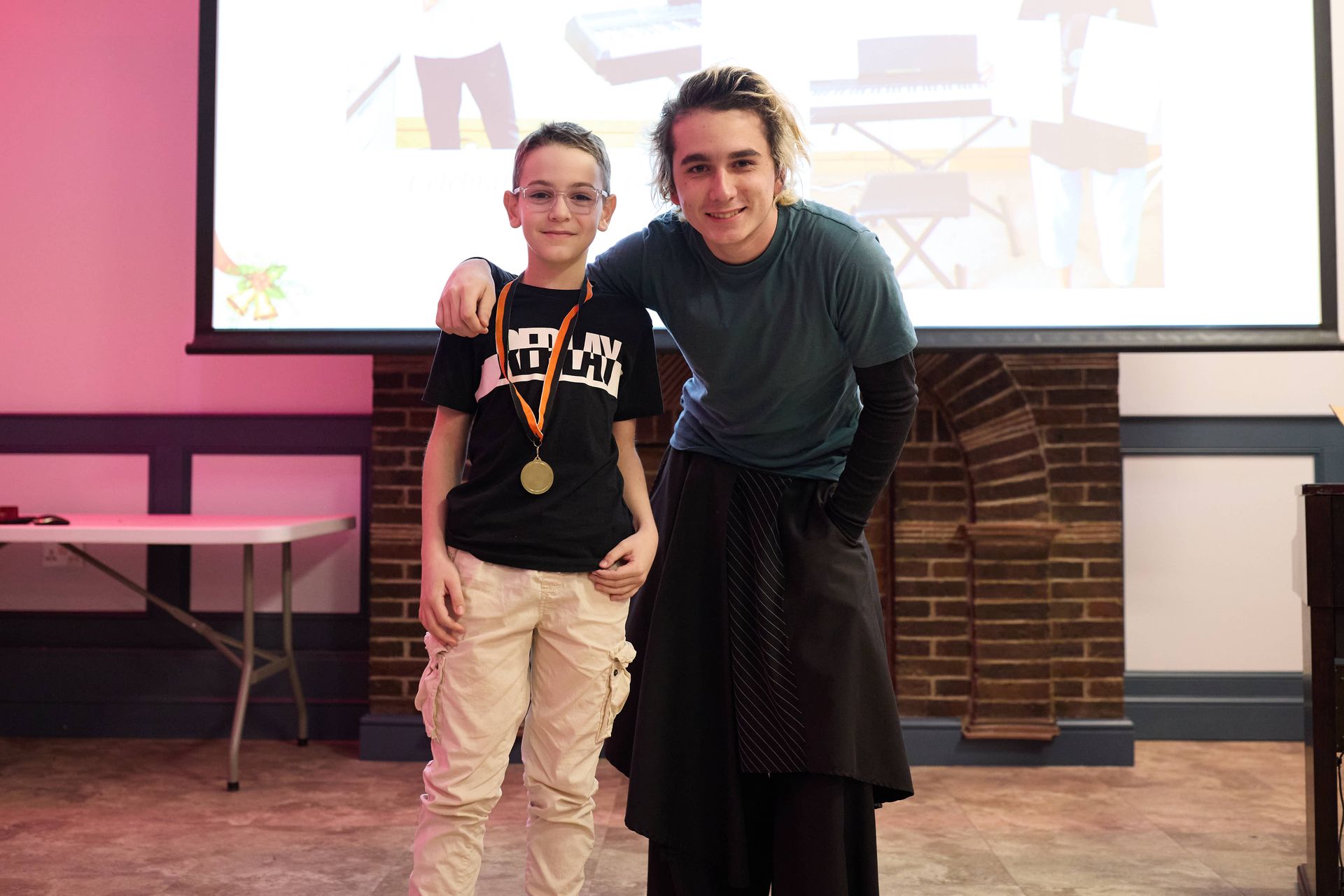How Parents Can Support Piano Students Outside of their Piano Lessons
Even for non-musical piano parents, there are ways to gauge your child's advancement in piano lessons.
Firstly, observe the consistency and enjoyment your child displays during practice sessions. Regular and enthusiastic practice often indicates a commitment to improvement. If your child willingly sits down at the piano and appears engaged during practice, it suggests progress. Additionally, notice the complexity of the pieces they tackle. As they advance, you should witness them taking on more challenging pieces with increased ease and confidence, which can further reflect their enjoyment and progress.
Secondly, pay attention to your child's posture and how they feel while playing. Progress in piano often correlates with improved hand position, posture, and overall technique. Even as a non-musical parent, you can observe if your child's fingers move more smoothly across the keys and if they maintain a relaxed posture compared to when they began lessons. Look for signs of correct finger placement, hand shape, and wrist movement, as these elements contribute to better sound production and efficiency in playing, potentially enhancing their enjoyment of the instrument.
Lastly, prioritize communication with the piano teacher to gain insights into your child's progress. While you may not grasp the technicalities of music theory or piano playing, regular feedback from the instructor provides valuable information. At our school, we emphasize open communication and encourage feedback from all our students, irrespective of their musical background. Discussing your child's strengths, areas for improvement, and overall enjoyment with the teacher fosters a clearer understanding of their musical journey. This feedback loop ensures active involvement in your child's education and enables effective support for their development, emphasizing their enjoyment and emotional connection with the piano.
If you wish to know more about these hacks and resources, feel free to take a look around our website or connect with us directly!



